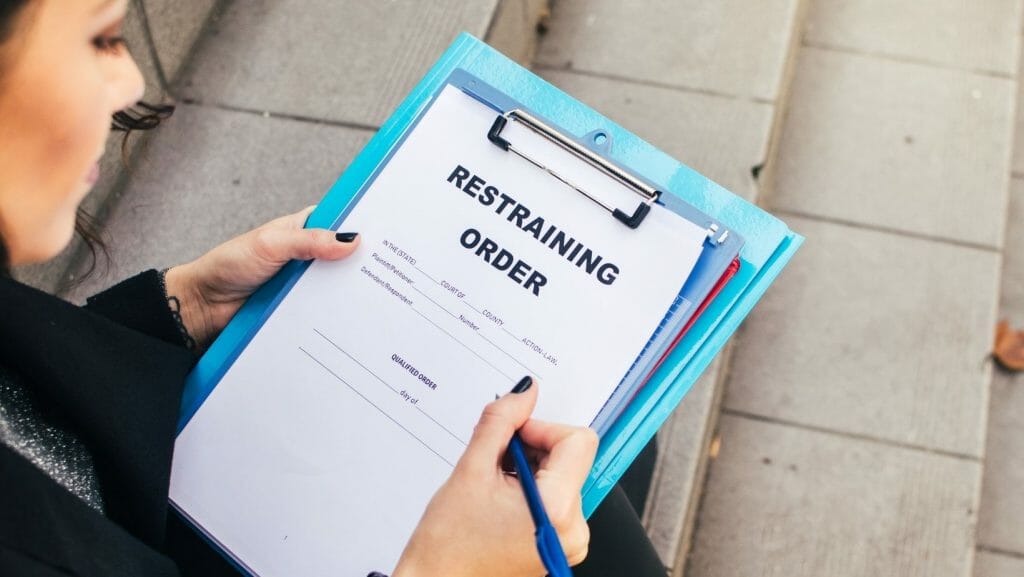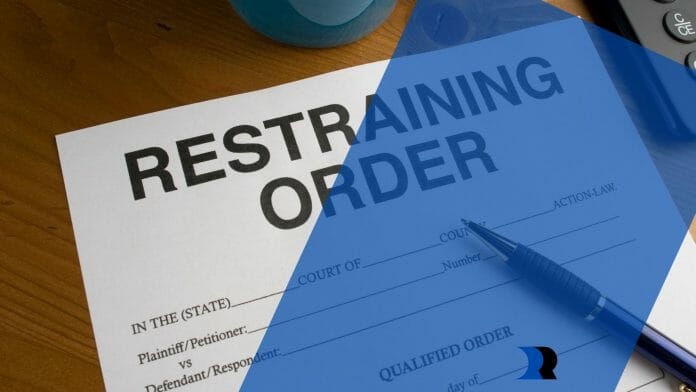Restraining orders are preventive measures to avoid violence in the future. They restrict contact of an abuser with the victim, ensuring the victim is safe and secure. Restraining orders are generally filed for cases of domestic violence.
Who can seek a Restraining order?
The cases when a restraining order can be filed differ for different states. If you’re perplexed about- Is my case applicable for a restraining order? Here’s your cue!
You are eligible for a restraining order if you’ve been a victim of a sexual offense or domestic violence by a spouse, household member, former spouse, a person you are going to have a child with, someone you are dating. Even stalking by a stranger qualifies for a restraining order.

If it is unmanageable for you to approach the court to file the temporary restraining order in case of emergency situations, then your sworn complaint or testimony of someone representing you like Lento Law Firm suffices for the judge to pass the order.
Can a minor file an order against an adult?
For a minor to be eligible to file an order, the abuser must be the spouse, a person the minor is dating, and the person who is going to have a child with the minor. A minor cannot gain a restraining order against a household member unless he is considered emancipated by the law.
For stalking cases, a minor backed up by an adult parent/guardian can get a restraining order.
A minor cannot file a restraining order against another minor.

Can an adult file an order against a minor?
Filing a restraining order against a minor is not acceptable unless he is emancipated by law. If a minor is found executing domestic violence, he can be dealt with by civil laws for juveniles.
Any crime that involves a death risk or severe bodily injury comes under the restraining order. Homicide, sexual assault, burglary, harassment, cyber harassment, stalking, threats are a few examples.
Restraining orders are protective orders that ensure violence doesn’t go unpunished. Filing a restraining order is free, but if the defendant is hiring an attorney to defend themselves, you as a plaintiff need to be well prepared too. Generally, attorneys only accept payment if they get a positive outcome. The case may or may not go to court depending on the plaintiff and defendant. The plaintiff and defendant can settle the case outside court by monetary compensation and accepting demands.
Restraining orders are for anyone who is seeking protection from domestic violence and they are to be taken seriously.


